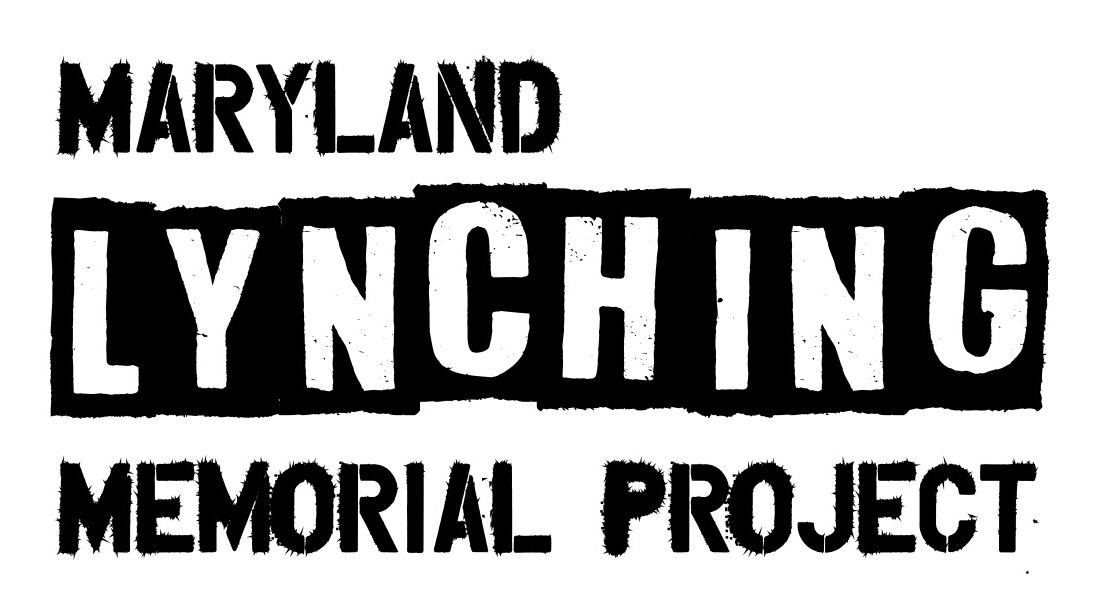It was the only successful coup d'état in the history of the United States and a story of racial terror largely obscured from the annals of American history.
In 1898, a group of white vigilantes—angry and fearful at the newly elected biracial local government—joined forces with area militias to rain terror on Wilmington, North Carolina, then the South’s most progressive Black-majority city.
After stoking fear of a Black uprising that would upend their way of life, endanger their women and bring about an unfathomable new American reality in which Black men—not white—governed, white city leaders pledged to “choke the current of the Cape Fear with carcasses” rather than allow Wilmington’s Black citizens to succeed, and lead.
When the carnage ended, more than 100 Black government officials—city councilmen, the city clerk, the treasurer, the city attorney and others—had been forced from their elected roles. Somewhere between 60 and 250 Black citizens were murdered.
After the coup, for which no one was ever prosecuted or punished, more than 100,000 registered Black voters fled the city. No Black citizen would again serve in public office for three-quarters of a century.
“It was a massacre,” says Christopher Everett, director of Wilmington on Fire, a documentary on the uprising. “A massacre kept secret for over 100 years.”
Aaron Randle
History.com
"Wilmington on Fire" is a feature-length documentary that chronicles The Wilmington Massacre of 1898, a bloody attack on the African-American community by a heavily armed white mob. It is considered one of the only successful examples of a violent overthrow of an existing government and left countless numbers of African-Americans dead and exiled from the city.
This event was the springboard for the White Supremacy movement and Jim Crow segregation throughout the state of North Carolina and the American South. This incident has been barely mentioned and has been omitted from most history books. It was not until 2006, after the North Carolina General Assembly published a report on it, that the tragedy became known to the general public.
Joining us for the discussion of this important and timely film are three of its principals:
Christopher Everett is the Producer/Director of Wilmington on Fire. A native of Laurinburg, NC, this is his first feature-length film. His background includes experience in graphics, advertising and marketing, as well as acting
LeRae Sikes Umfleet is Chief of Collections Management for the North Carolina Department of Cultural Resources. From 2003 to 2007, Ms. Umfleet was a research historian in the Research Branch of the North Carolina Office of Archives and History. In 2007 she received the American Association for State and Local History's Award of Merit and WOW Award for her work on the 1898 Wilmington Race Riot Report
Larry Reni Thomas, a native of Wilmington, North Carolina, is a writer, radio host, lecturer and actor based in Chapel Hill, North Carolina. He has worked at seven radio stations and his journalistic work has appeared in Downbeat magazine and The New York Times Magazine. He is the author of two books on the Wilmington Ten incident of February 1971
Wilmington on Fire is available for viewing on a number of platforms, including Prime Video. For more information on streaming, visit: http://wilmingtononfire.com/stream
The event link will be emailed to all registrants the day before the event.
The panel is free but you must register here:
We look forward to seeing you on February 4 at 7p.

